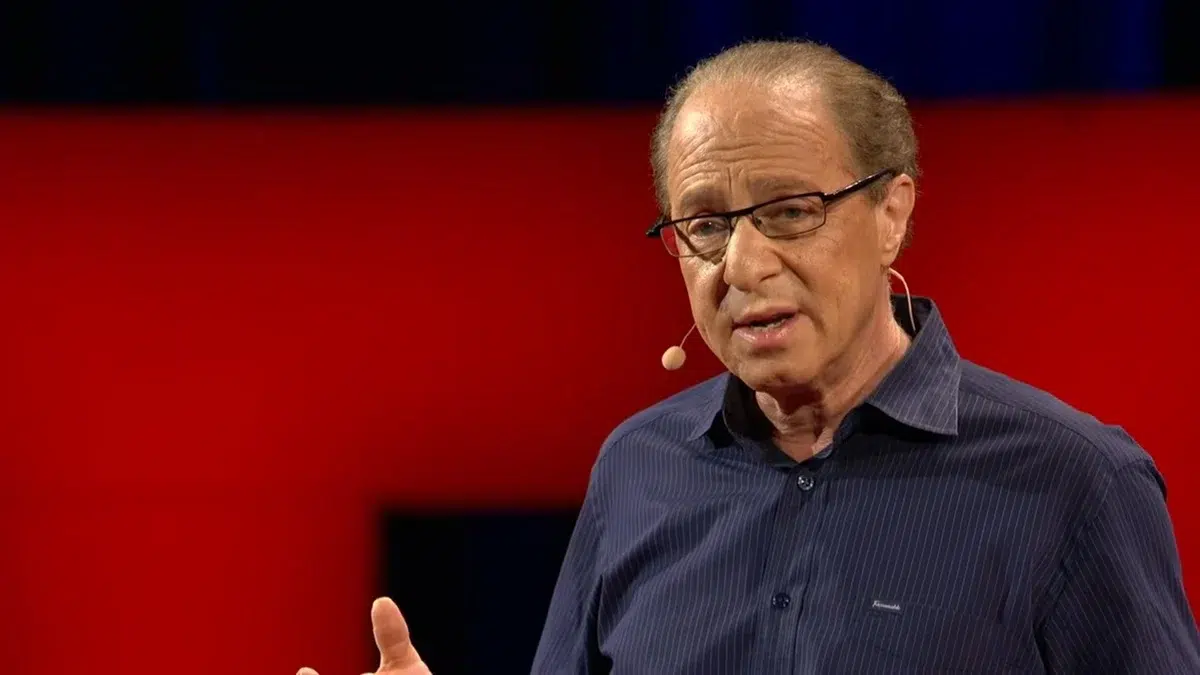In his new book, The Singularity is Nearer, Ray Kurzweil, Google’s director of engineering, reaffirms his belief in the imminent arrival of the Singularity, a crucial moment when artificial intelligence will surpass human intelligence, radically transforming human existence. According to Kurzweil, this milestone will be reached by 2045, and the next few years will witness unprecedented technological advances. Among his most remarkable predictions:
- Merging humans and AI: Kurzweil argues that nanotechnology will enable the creation of “virtual layers of neurons” in the cloud, merging our brains with AI and increasing our intelligence exponentially.
- Digital resurrection: AI technology, according to Kurzweil, will make it possible to “bring the dead back to life”, first through simulations and then by physically reconstituting their bodies.
- Immortality by 2030: Kurzweil predicts that by 2030, medical nanorobots and AI biology will revolutionise medicine, enabling unprecedented longevity and even immortality.
- Abundance and cheap energy: AI will drive advances in photovoltaics and robotic mining, making solar power affordable and reducing raw material costs. “Living at today’s level of luxury will be cheap in the 2030s,” predicts Kurzweil.
- Nanotechnology-enhanced brains: Kurzweil imagines a future where nanotechnology is integrated into our brains, enhancing our cognitive abilities and opening up new frontiers in entertainment. “We will be able to access any human thought,” he says.
Many questions remain unanswered
Kurzweil’s predictions, while ambitious and controversial, are based on his analysis of the exponential pace of technological progress. Throughout his career, he has demonstrated a remarkable ability to anticipate technological breakthroughs, including the rise of the Internet, the iPhone and the victory of a computer over a world chess champion. There’s no doubt that Kurzweil’s ideas are stimulating and invite deep reflection on the future of humanity. While some of his predictions may seem fantastic, his vision invites us to consider the transformative potential of technology and the role that AI will play in redefining our existence.
It should be noted that Kurzweil’s predictions are not without their critics. Some experts question the feasibility of his ideas and the accuracy of his timelines. Others express concern about the potential negative consequences of such a disproportionate technological development. Despite these criticisms, Kurzweil’s work remains a source of inspiration and debate. His ideas force us to confront fundamental questions about the future of humanity and the role that technology will play in it. The Singularity, whether it arrives in 2045 or at some other time, is a concept that will undoubtedly accompany us for the rest of the 21st century.
Google These people were paid not to use Google, yet they couldn’t resist.


